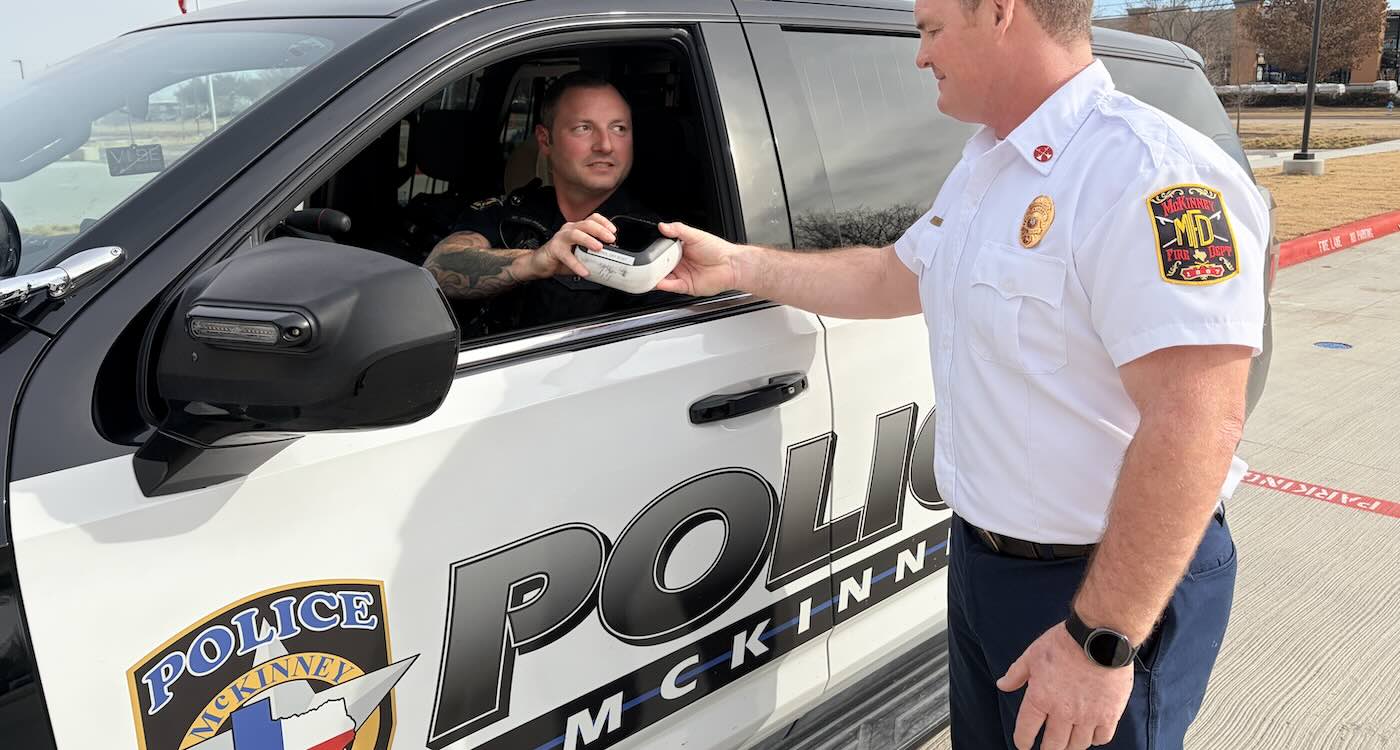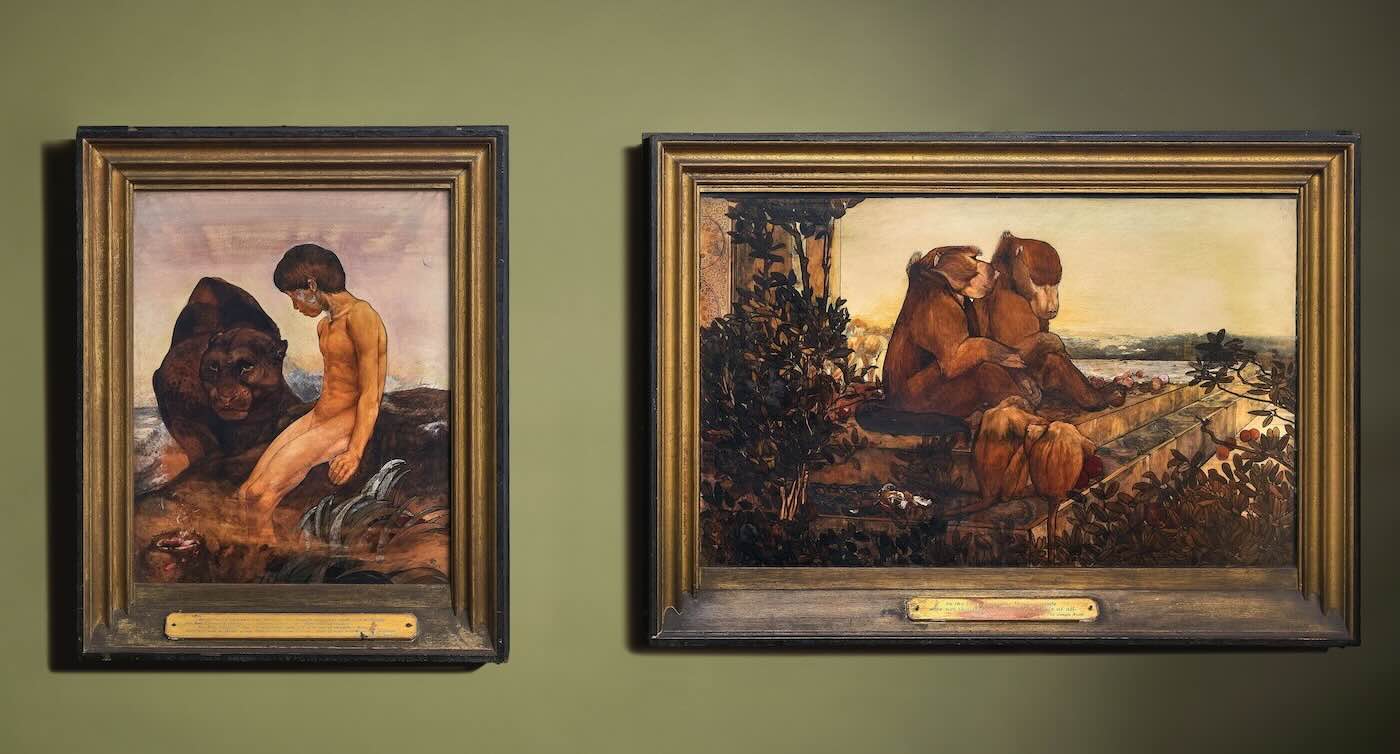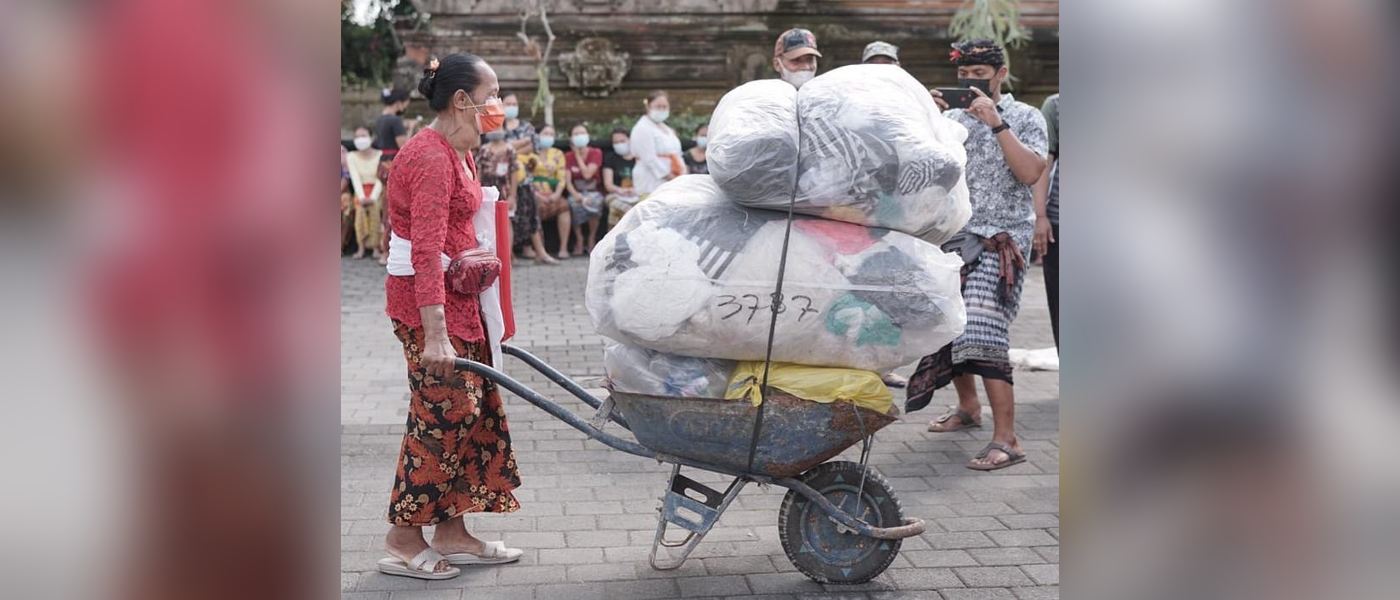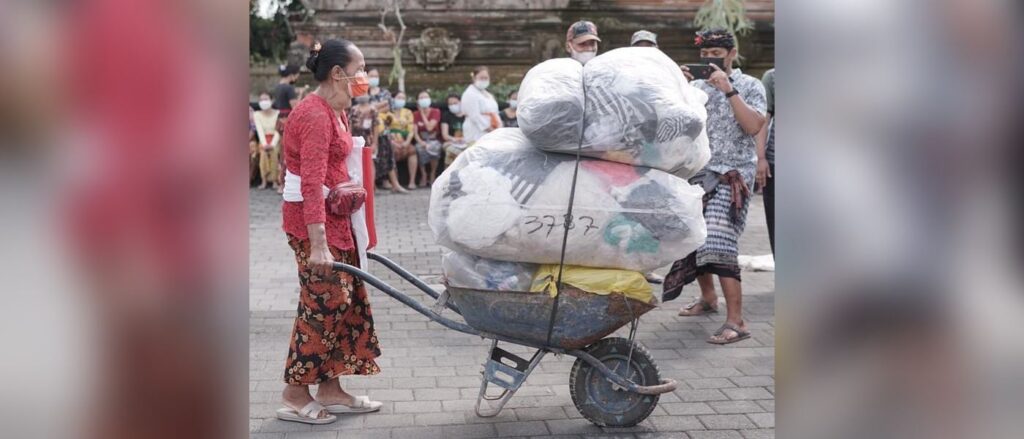
As the pandemic ground the tourism industry on Bali to a halt, a man sought to do the same to the problem of plastic pollution, by offering rice in exchange for plastic garbage.
The reaction was immediate, and compounding, with over 500 tons of plastic collected by over 200 villages on the Indonesian island, for which the organizers have given out over 550 tons of rice.
Bali’s beaches are so beautiful, it’s created an economy that derives 50% of GDP from tourism alone. But when COVID-19 grounded airlines around the world, and Bali’s principal supply of vacationers, Australia, went into severe lockdown, workers in the tourism industry had to go back to their rural villages—and plastic pollution skyrocketed.
A local restauranteur wanted to do something to help, and so started a barter system to help “cleanse the soul of nature” and relieve the economic hardship of his neighbors. In May 2020, he hosted the first Plastic Exchange in his own childhood village.
“I thought to myself, if it works in my village, it will work in other places as well,” Made Janur Yasa, Plastic Exchange’s founder, told CNN. “I realized this thing was getting bigger than I had ever imagined.”
Local neighborhood groups called Banjars began organizing plastic collections once a month in the forests, towns, and on the beaches, before bringing it to Yasa for their main staple food.
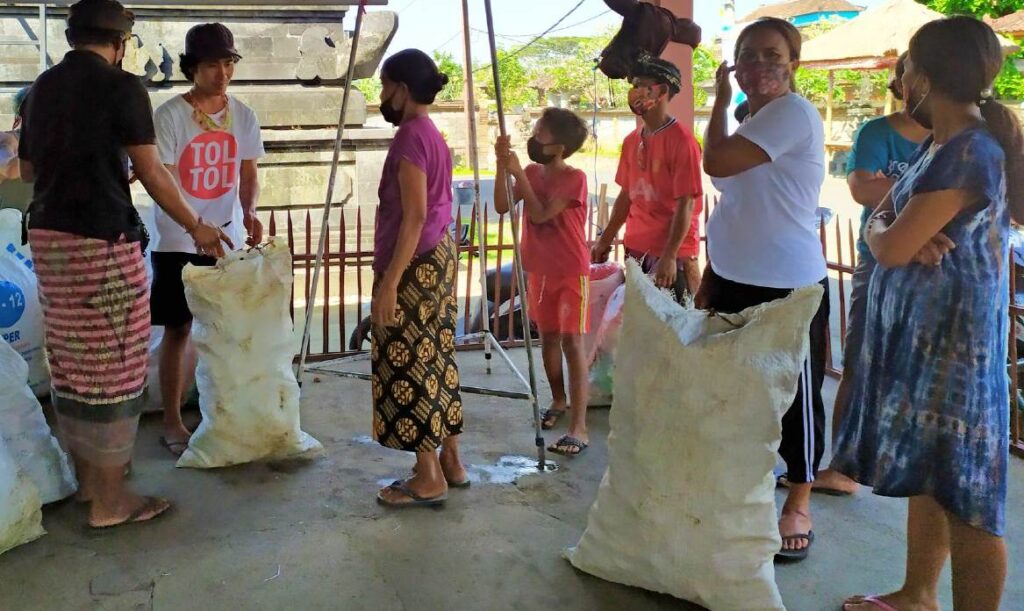
Bali Tribune reports that in a single two-hour period in August of this year, a Plastic Exchange in the village of Saba collected turned in two tons of plastic, and that Yasa’s project was beginning to change the attitudes of islanders.
“Now, people think that plastic waste must be sorted and collected, then exchanged. There are even my people who collect plastic on the streets every day,” explained the director of the Saba Banjar, Kadek Merta Anggara.
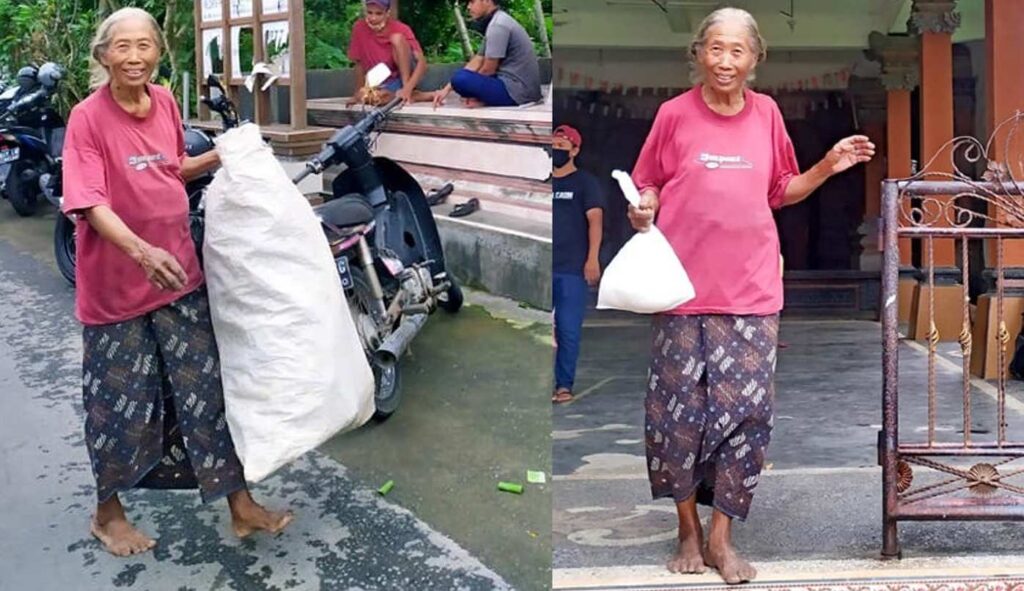
The most commonly turned-in plastic is single-use carrier bags—shocking when one considers the success of Bye-Bye Plastic Bag, another plastic collection movement on Bali that focused exclusively on single-use bags, but plastic bottles and wrappers are also very common.
“People in Bali live in nature,” Yasa said. “Traditionally, we believe nature has a soul. People do care about the environment. But the plastic pollution in Bali is because of lack of education and practice.”
Yasa works with a small company that will send all the plastic he collects to the much larger island of Java, where it can be recycled, as no such infrastructure exists on Bali.
The sale of that raw material allows for the buying of rice from growers on Bali, supporting the local economy.
RELATED: Thailand is Making COVID-19 Protective Gear From Upcycled Bottles
According to Yasa, picking up and recycling plastic is no longer tedious or pointless, he says it’s become “sexy,” and “the cool thing to do.” Long may it be so.
DON’T WASTE the Good News—Share This Article…



